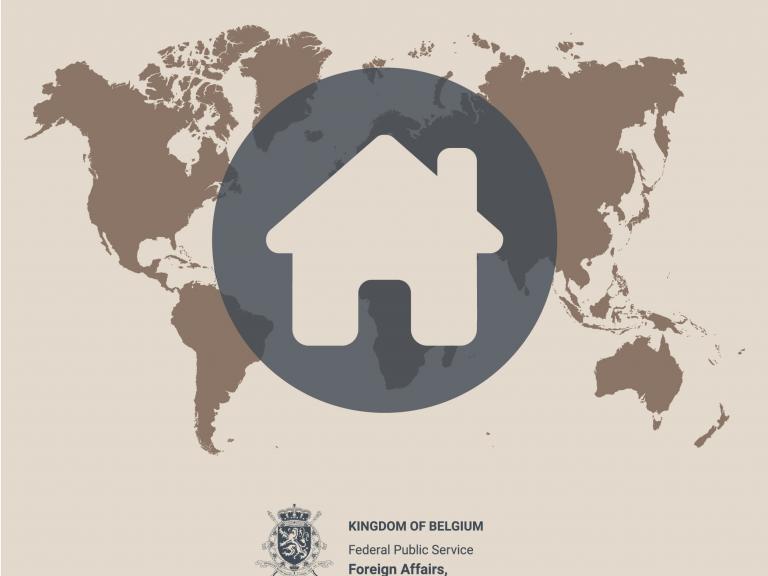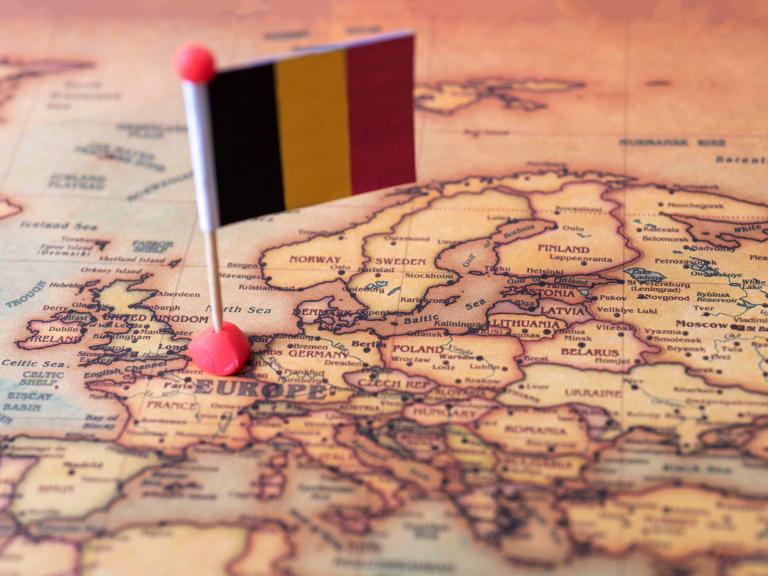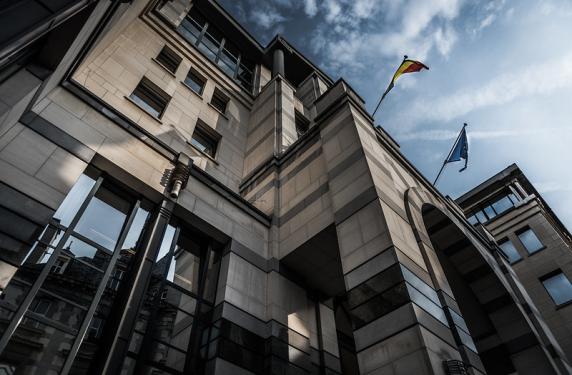-
Last updated on
What exactly is meant by a legalisation? How can it be obtained?
A legalisation allows a Belgian document to be used abroad or a foreign document to be used in Belgium. Please note that legalisation procedures frequently include several steps.
Discover the concrete steps to be taken
Contact and opening hours
Rue des Petits Carmes / Karmelietenstraat 27, 1000 Brussels
Contact: elegalisation@diplobel.fed.be
Opening hours: each working day from 9.00am till 12.30pm, with appointment only.
In case of doubt, do not hesitate to send us your question by email so as to avoid unnecessary travel.
Which are the competent authorities?
The Legalisation service of the FPS Foreign Affairs in Brussels legalises documents issued in Belgium.
For documents issued abroad, you can obtain all relevant information regarding the competent authorities from the Belgian embassies and consulates abroad.
Electronic legalisation: what is it? How can it be achieved?
Belgium actively seeks to simplify the legalisation procedures, both at Belgian level and with other countries throughout the world. To this end, Belgium concludes treaties, agreements and partnerships, with the aim of turning towards electronic legalisation. More information on this topic.
In case a document was issued by one of our accredited partners (such as the municipalities and notaries - several Federal Public Services and other authorities will soon be accredited as well), your request can be treated directly via our online platform. Hence it is no longer necessary to submit your request in person at our offices. For more information, please visit the elegalisation website
For all other documents (which are not issued by a municipality or a notary), you can either report in person with the original document to our offices or mandate any person to do so. Check the opening hours on the right column.
In one specific case it is possible to send us your request by post on an exceptional basis, namely if you are residing abroad and you are unable to mandate another person to come to our offices. First send an email to elegalisation@diplobel.fed.be; we will confirm by return email whether a request by post is possible or not and if so, point out the steps to be followed.
Irrespective of the type of procedure followed, the legalisation or apostille costs amount to 20 euros.
Does the document to be legalised have to be drawn up in French, Dutch or German?
No.
The document must in any case be signed by a public official and drawn up in one of the following languages: French, Dutch, German, English, Spanish, Italian or Portuguese.
If the document is drawn up in another language, it must be accompanied by a sworn translation. More information on the FPS Justice website (available in French or Dutch)
Note that the documents drawn up in another language and destined for use in Belgium must be translated into one of our country's official languages.
The original document and its translation will be legalised separately.
Do you have more detailed questions?
See our section dedicated to these questions
Important remarks
The sworn translation of a document must be attached to the original document or a copy of the original document by means of a staple and a stamp of the sworn translator placed in the top left corner of documents.

For Belgians abroad
On this page you will find all consular information if you are Belgian and live abroad.

Travel to Belgium
On this page you will find all the information you need to travel to Belgium.

Travel advice
In this section you will find all the important information when travelling abroad.
